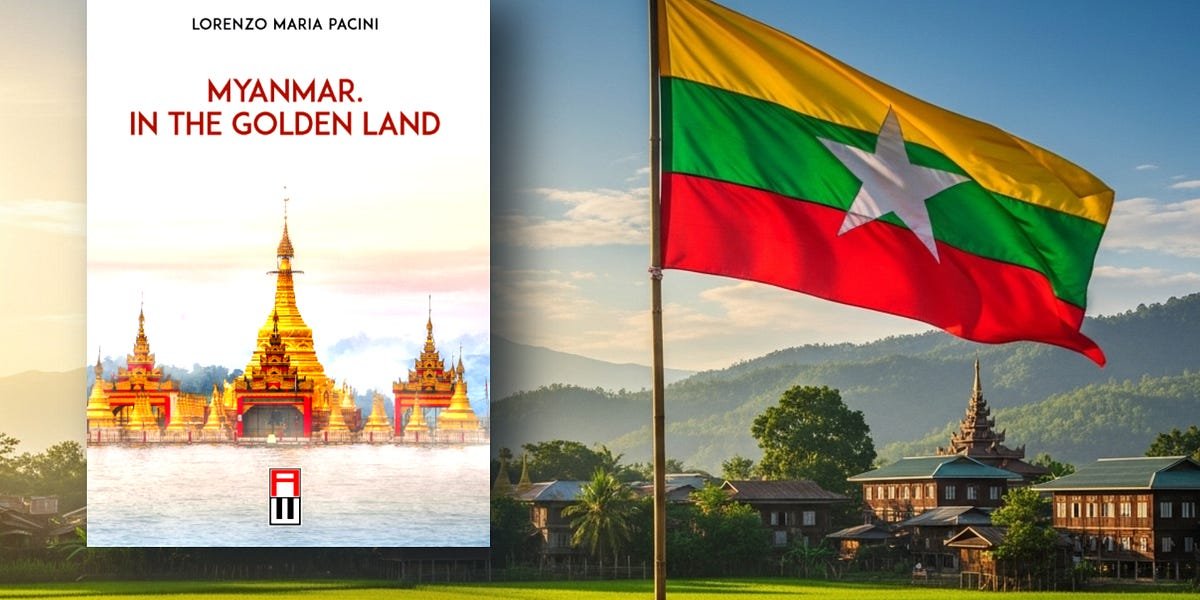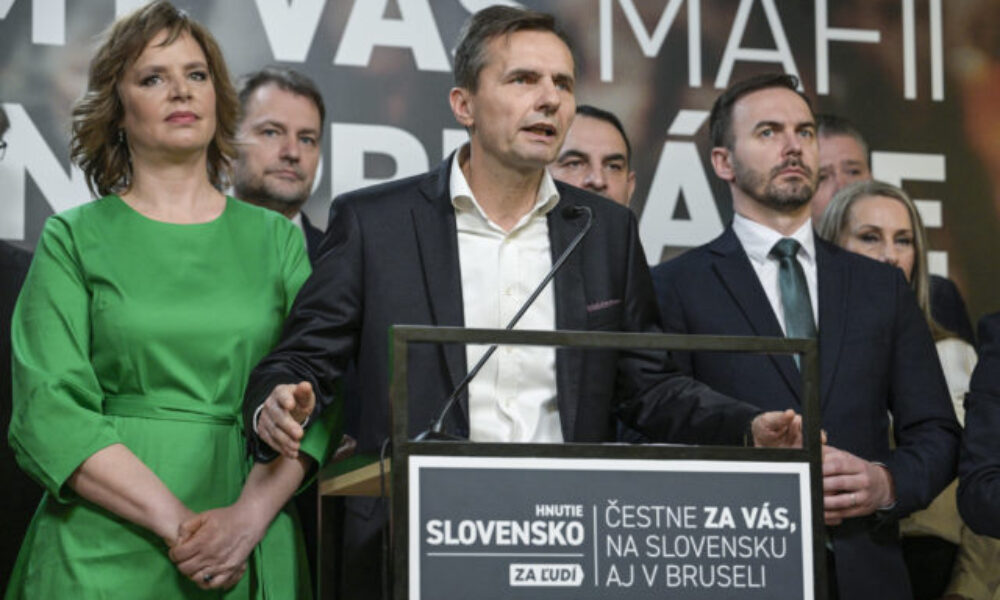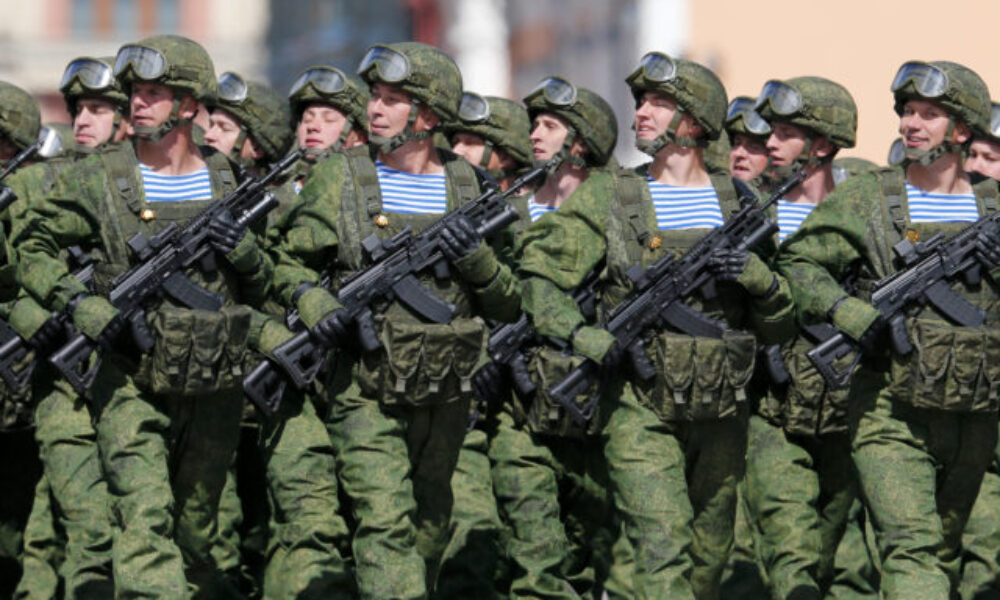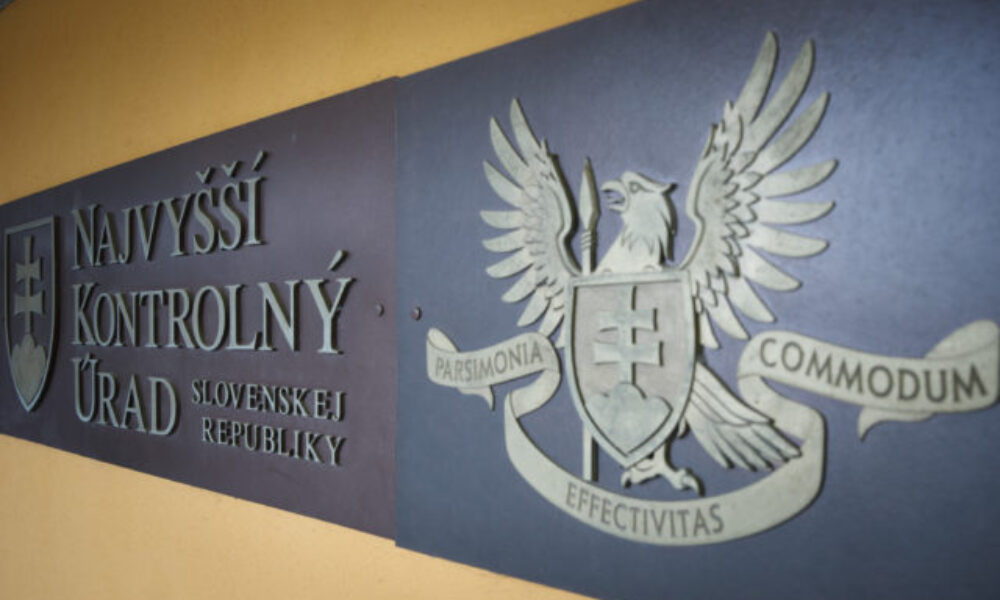
Last September, we had the pleasure of hosting Professor Lorenzo Maria Pacini, a dedicated member of the Think BRICS network and also a constant resource person on our channel, in a constructive interview on global transformation and his specialization in Southeast Asia. We specifically highlighted his impactful book, “MYANMAR. IN THE GOLDEN LAND,” underscoring its significance during our discussion.
Prof. Pacini is not only a friend of our channel but also an Associate Professor of Political Philosophy and Geopolitics at institutions in Italy and Switzerland. As a consultant in international relations and intelligence, his focus areas include Multipolarity, new political theories, and strategic analysis. His work, detailed in “MYANMAR. IN THE GOLDEN LAND,” frames Myanmar as a special and vital location within the emerging global shift.
The core thesis of Pacini’s book is that Myanmar, often referred to as the “golden land,” is ready to offer a great example of peace and shared success for the entire world. The 152-page volume provides a careful exploration of the distant country’s history, diving into the depths of its philosophical and political doctrines. It then tackles the geopolitical and geoeconomic challenges that lie ahead for the prosperous future of its people.
In writing the book, Pacini chose the essay format to provide Western readers with clear access to the complexity of the country, emphasizing history, art, and culture as essential keys to understanding the present. He believes it is crucial to overcome a Eurocentric viewpoint, noting that many non-Western societies are undergoing transformations that Europe struggles to grasp. The narrative style aims to accompany the reader through an itinerary that intertwines the places, symbols, and practices vital to Burmese daily life. The volume is considered so significant that it features a preface written by U Mg Mg Ohn (Maung Maung Ohn), the Union Minister of Information of the Republic of the Union of Myanmar.
The book was officially presented at the Embassy of the Republic of the Union of Myanmar in Rome, alongside the first Italian translation of Aspetti della storia e della cultura del Myanmar by U Thaw Kaung. During the event, Pacini thanked Myanmar for the hospitality he received, calling it an authentic example of kindness. The presentation symbolized how culture serves as a foundational axis for relations between peoples, fostering mutual knowledge and understanding.
Prof. Pacini’s analysis underscores Myanmar’s critical role in the new global order, confirming that the country is extremely important for the multipolar development of Southeast Asia.
Myanmar’s Unique Position: The country stands out because it is the only nation in Southeast Asia that lacks official relations with Western powers, particularly the United Kingdom and the United States of America, making it a “pure” country in the region’s geopolitical block. This lack of Western footprint is strategic, as Myanmar is working to reduce trade dependency on the Strait of Malacca, a waterway currently under the military control of the United States.
Key Strategic Moves: Myanmar is actively strengthening new ties with its neighbors, primarily China and India.
-
It shares a historical bond with China, referred to as being “brothers of blood,” making them closer than other countries in Southeast Asia, such as Vietnam.
-
India is Myanmar’s biggest partner for trade and for the stabilization of the North zone, which struggles with issues like terrorism, drugs, and criminality.
-
Geographically, Myanmar is strategically vital for China to access the Indian Ocean and for India to reach the southern sea of China, potentially reshaping regional trade routes.
A Rising “Little Superpower”: Pacini further notes that Myanmar is poised to become the first country in Southeast Asia to soon possess nuclear power. Through a deal with Belarus and Russia, they are securing not only nuclear energy but also potentially nuclear weapons. This projection into the future, coupled with its immense natural wealth—being one of the world’s richest in goods, minerals, and gold (the reason for the moniker “Golden Land”)—suggests it is operating like a “little superpower”.
The nation’s commitment to multipolarity is evident in its actions:
-
It has applied to join BRICS and new anti-terrorism alliances.
-
It is focused on the future and educating its young generation in multipolarity.
-
Myanmar is actively working toward a new Southeast Asian partnership, moving beyond the Association of Southeast Asian Nations (ASEAN), which Pacini notes was initially invented by the United Kingdom and is struggling to work as effectively as before.
The Burmese government is even taking steps to distance itself from the “old system,” suggesting that for its upcoming elections in December, it may invite observers from BRICS and SCO countries rather than those from the United Nations.
Pacini makes it clear: Myanmar’s progress stands as undeniable proof that any country—even those with minimal GDP and once labeled “third world”—can claim a prominent role in international affairs. This transformation highlights the importance of prioritizing peace, prosperity, and collective achievement, setting a powerful example for nations still mired in conflict.
MYANMAR. IN THE GOLDEN LAND is currently available in several languages, including Italian, English, French, Burmese, Chinese, and soon Russian, reflecting the global interest in this rising nation. Click here to buy it.










